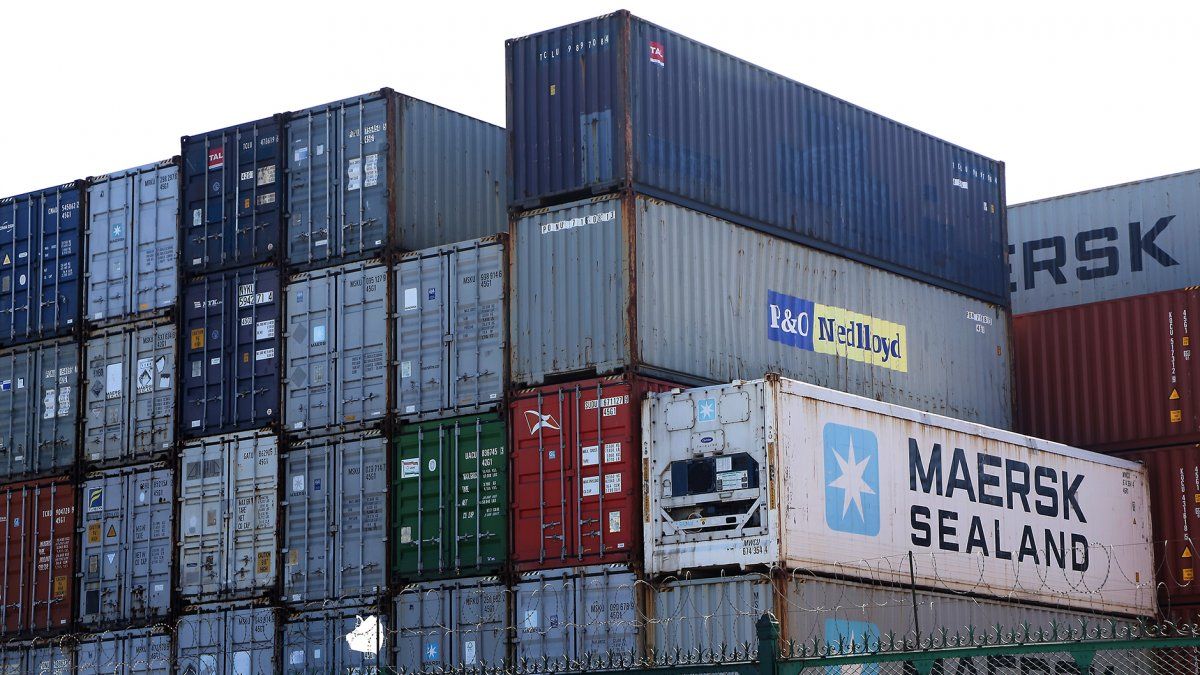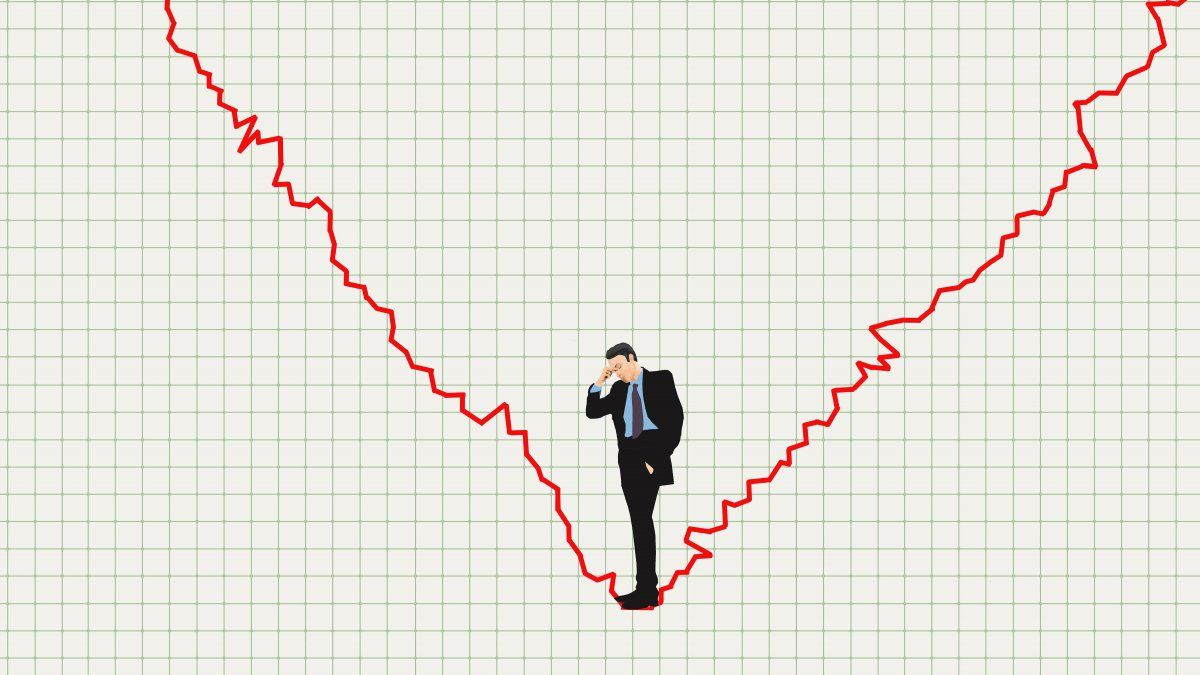Regarding the payment of imports, the work affirms that in the 96% were made through the (official) single exchange market while the remaining 4% did not imply currency transfer or the companies carried out the operations with their own resources.
When analyzing the composition of the authorizations, it turns out that 51% corresponds to inputs and materials for production with a percentage of 81% approval of the request. Fuels and energy participated with 20%, capital goods represented 16% and consumer goods (plus cars) 13%.
From the sectoral point of view, the item with the greatest incidence was fuel and energy – imports were authorized for USD 5,298 million, 96% of what was requested – followed by automotive -USD 3,668 million, 87% of what was requested – and products chemicals – USD 2,683 million, 73%-.
Since the SIRA regime began, imports have increased 3%, mainly due to the increase in the fuel and energy category – 59%-, while the rest of the imports decreased 4%.
In the last quarter of 2022, 16,029 companies managed to complete imports for USD 16,332 million. 19% of these companies generated exports for USD 17,937 million. Since the imports they made totaled USD 10,104 million, They contributed a trade surplus of USD 7,831 million in the October-December period of last year.
complaints
The complaints of some chambers and companies related to delays in the authorizations of the SIRA, are dismissed by the authorities of the Palace of Finance.
In this regard, they comment that, at the end of the year, when the business chambers were asked to submit their annual import needs, the increase in orders caught their attention, even more so considering that the economic growth projections for this year are lower than that registered in 2022.
“In the case of the presentation of the Argentine Industrial Union (UIA), for example, in the categories: Food and Beverages the increase was 118%; while in the automotive sector 33% and agricultural machinery 31%”, explain sources from the economic team. These increases in imports were also recorded in orders from COPAL and the Chamber of Construction, to cite a few examples.
“Perhaps the claims respond to the fact that they expect to import for the amounts requested.” They insist that the articulated work between Customs, the Secretary of Commerce and AFiP allows them to have a control panel of each company that requests to import. This board shows in real time the amount of applications approved, rejected and the history of imports of the company.
Regarding the criteria taken into account to authorize the SIRA, input goods and intermediate goods are prioritized over capital goods. “The intention is to defend currencies and not stop production.” With respect to the previous regime, they admit that there are still pending to liquidate some 8,800 million dollars, culminating in July with the last authorized SIMs.
Complaints
They also reject the complaints of “false managers” that would facilitate the approval of SIRAs. They insist that when they have detected irregularities “We have gone to Justice.” They also explain that complaints may be due to the fact that “now you can’t have surplus stocks as it used to be”.
precautionary
Another of the issues that the Minister of Economy usually puts as an example of bad business practices is the presentation before the Justice of the precautionary measures.
According to official data, As of October 12 of last year, there were 3,146 precautionary measures related to SIMI (in legal proceedings initiated in 2021 and 2022 that involved FOB values for USD 2,521 million.
Regarding the precautionary measures withdrawn during the current year, in February SIMIs obtained by precautionary measures for USD 154 million were no longer valid.
The data from the Palacio de Hacienda shows that the stock of precautionary measures in force regarding SIMIs amounts to USD 23 million – only 1% of the original amount in force as of October 2022.
critics
Since its implementation, the SIRA regime has been the subject of criticism from business entities, such as the Argentine Industrial Union and other chambers linked to imports, which pointed out that the system hinders access to inputs and therefore the planning of operations. .
76% of the companies received less than 25% of the imports they requested according to a survey of more than 200 companies carried out at the end of January by the Argentine Chamber of Commerce and Services (ACC).
In addition, companies complain that “they may have delays of up to 90 days for approval.” Due to this situation, 93% of those surveyed affirm that the levels of inputs, stock and sales of the companies have been reduced and, therefore, they are already affected in their normal operation.
The Ministry of Economy points out that SIRA is a “much more efficient” system than its predecessor (SIMI), at a time when the authorities are juggling to manage the scarce foreign currency reserves that the Central Bank has.
Bookings
Private estimates calculate that net reserves are around USD 3,000 million to 3,300 million equivalent to half a month of imports (It is considered that they should cover at least six months).
It is in this context that the Palacio de Hacienda is making efforts to earn foreign currency in a context in which agricultural exports – the main source of dollars – are severely affected by the drought -private forecasts calculate that they will be lost at least minus USD 10,000 million, while the most pessimistic forecasts double this shortfall.
Precisely, the Minister of Economy, Sergio Massa, agreed on Tuesday a disbursement of USD 840 million from the Development Bank of Latin America (CAF). Most of this line will be used to finance works on the Vaca Muerta gas pipeline.
Changes
Four months ago, and through the General Resolution, the Import System of the Argentine Republic (SIRA) was established, replacing the Integral Import Monitoring System (SIMI).
The measure, whose purpose is to “ensure proper development of foreign trade operations,” according to the official text, implements a monitoring, control, and registration methodology that establishes differentiated criteria for access, modality, and traceability of trade flows.
The system establishes the coordination between the National Customs Directorate, the Central Bank of the Argentine Republic, the Federal Administration of Public Revenues and the Secretary of Commerce, in order to order and generate complete traceability in foreign trade operations.
In this sense, a “Single Foreign Trade Account” was incorporated that allows registering and consulting the importer’s exchange operations, linked to import procedures. The system carries out systematic evaluations in real time on the data entered, issuing the terms of access to the Mercado Libre de Cambios (MLC).
The operation makes it possible to identify in advance those operations that are not related to the economic and financial capacity of the importer, as well as to review the importer’s history to “guarantee compliance with the basic safety regulations of imported products.”
The declaration made by importers through the new platform has a validity period of 90 calendar days, counted from the date on which it has the exit status. The maximum waiting period for the accreditation of dollars for the payment of imports in the case of SMEs and civil entities is established at 60 days, a period that is extended to 180 days for large companies.
box.PNG
Source: Ambito




